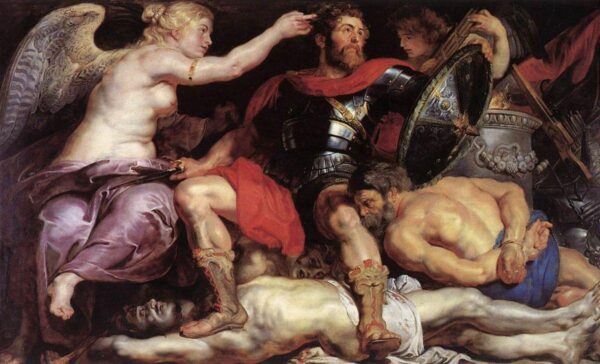Francesco Toto
Università degli Studi “Roma Tre” (francesco.toto@uniroma3.it; ORCID: 0000-0002- 3080-5905).

Abstract: This article is the first part of a comparison between Hobbes’s and Spinoza’s theories of recognition as they appear in De Cive and the Tractatus theologico-politicus. It examines the use of the concepts of glory and honor in De Cive, revealing two distinct levels of Hobbes’s theory. In the first and second sections of De Cive, glory is presented mostly as a destabilizing passion that leads to competition, undermines social bonds, and challenges any moral or political solution to the problem of human conflict. In the third section, however, the Hobbes’s discourse on worship makes explicit what had been implicit in brief, marginal passages in earlier sections, namely, the capacity of glory to function as a vector of cooperation and a source of individual and collective power. In doing so, this article challenges simplistic readings of Hobbes’s theory of recognition, showing how glory is inextricably bound up in power dynamics that both enable and undermine social order, and thus lays the groundwork for the comparison with Spinoza’s theory of recognition that will be developed in the second part of the comparison, published in the Journal of Spinoza Studies (issue 1/2025).
Keywords: Hobbes; Glory; Honor; Worship; Power.
